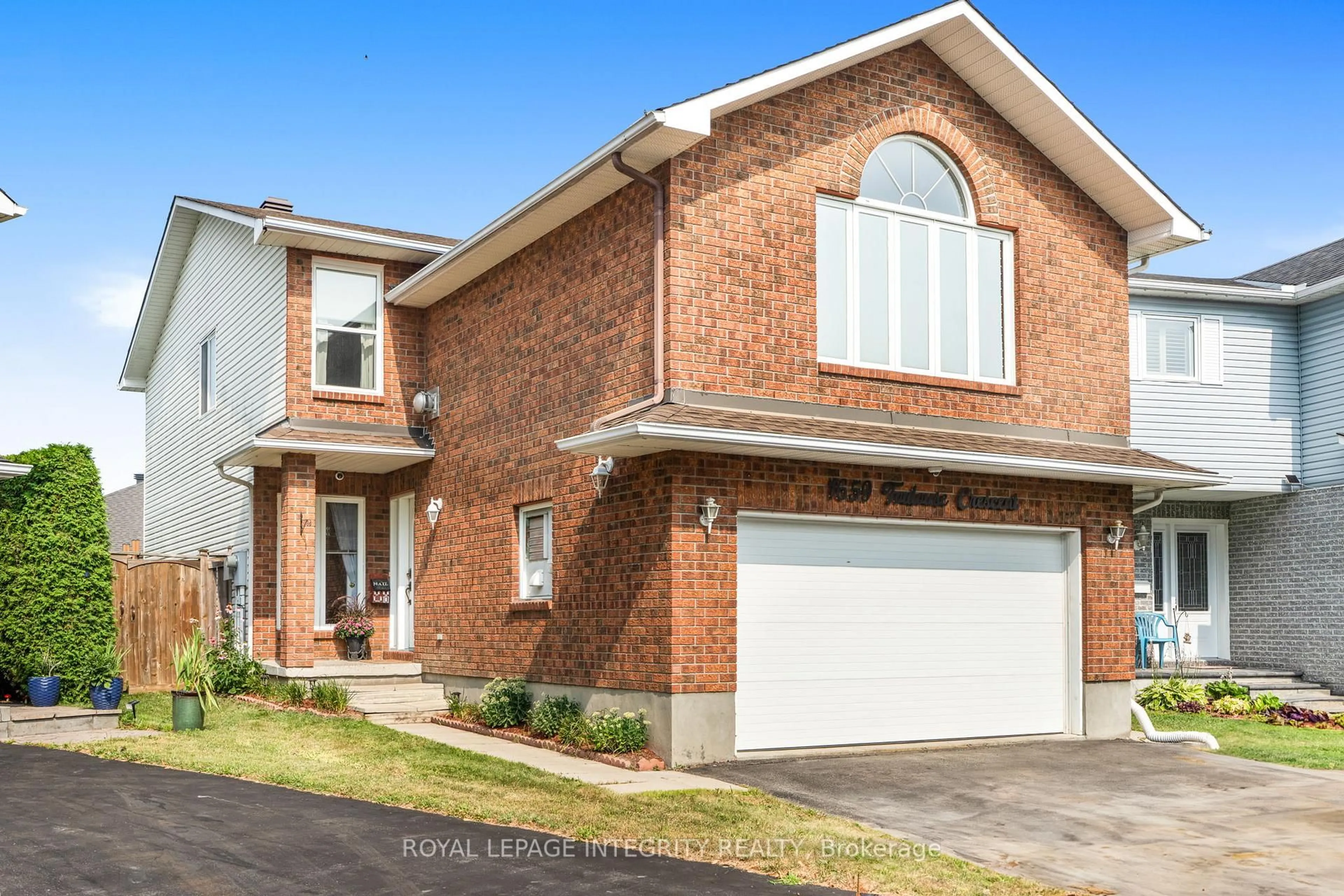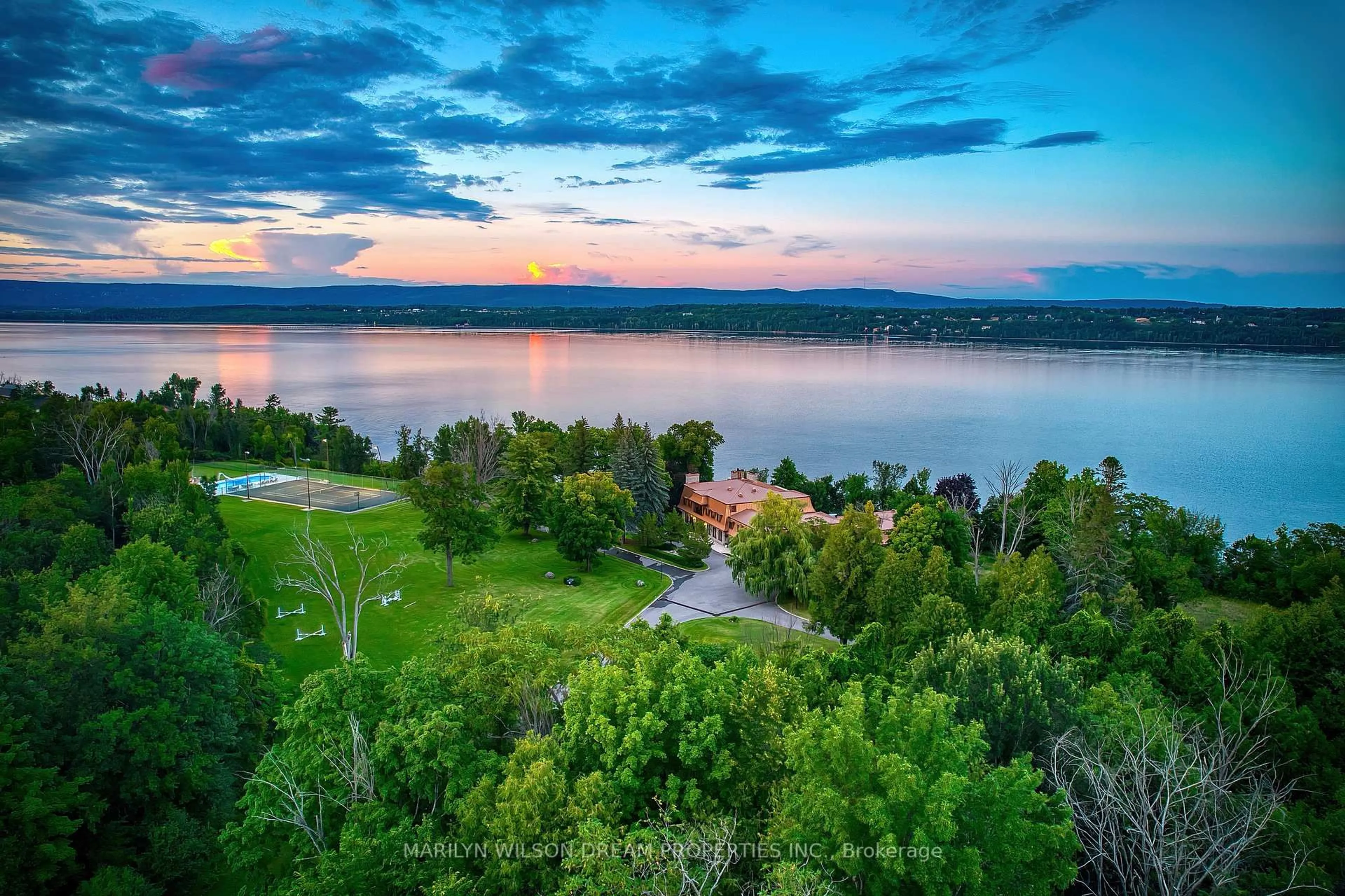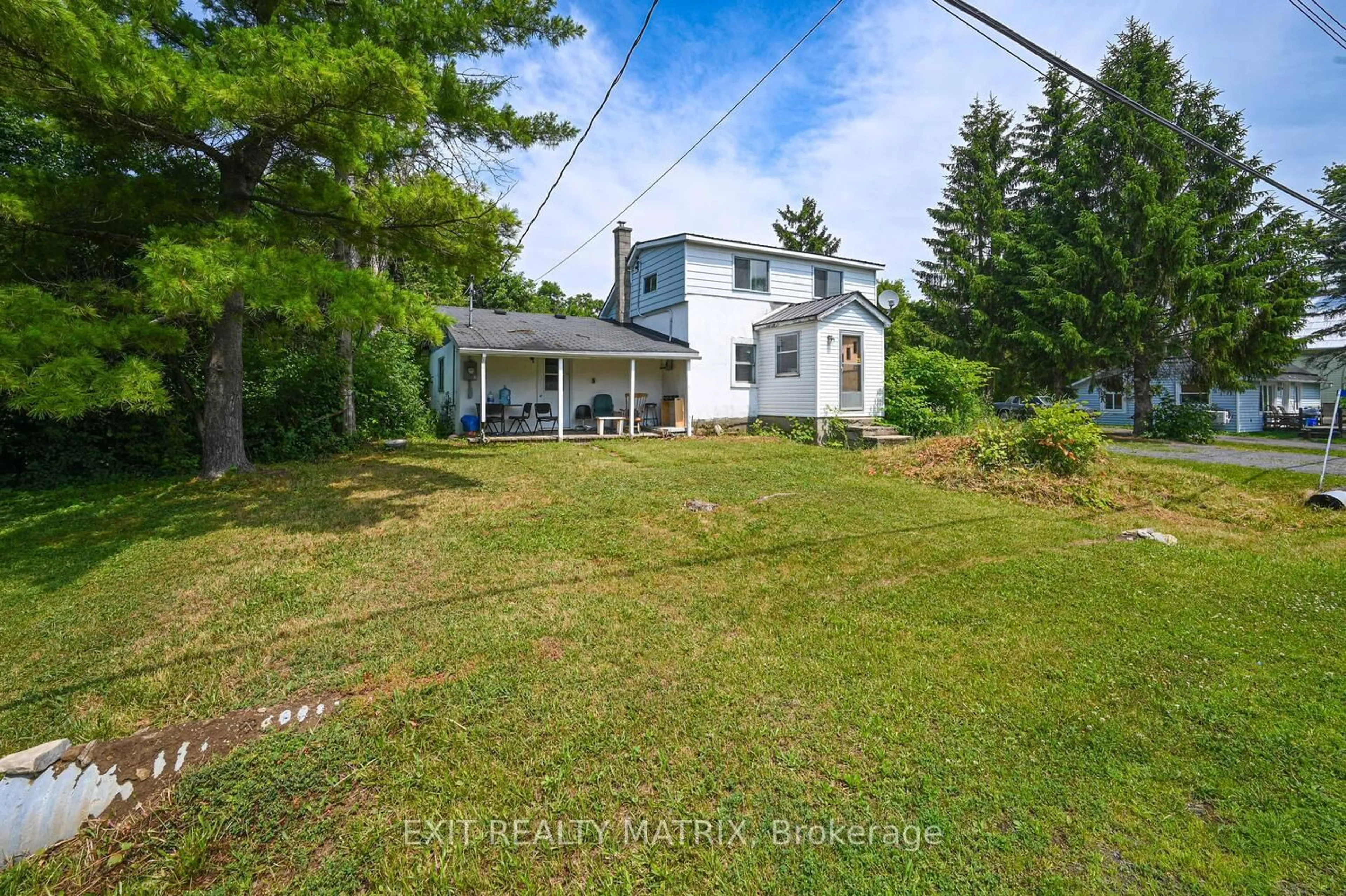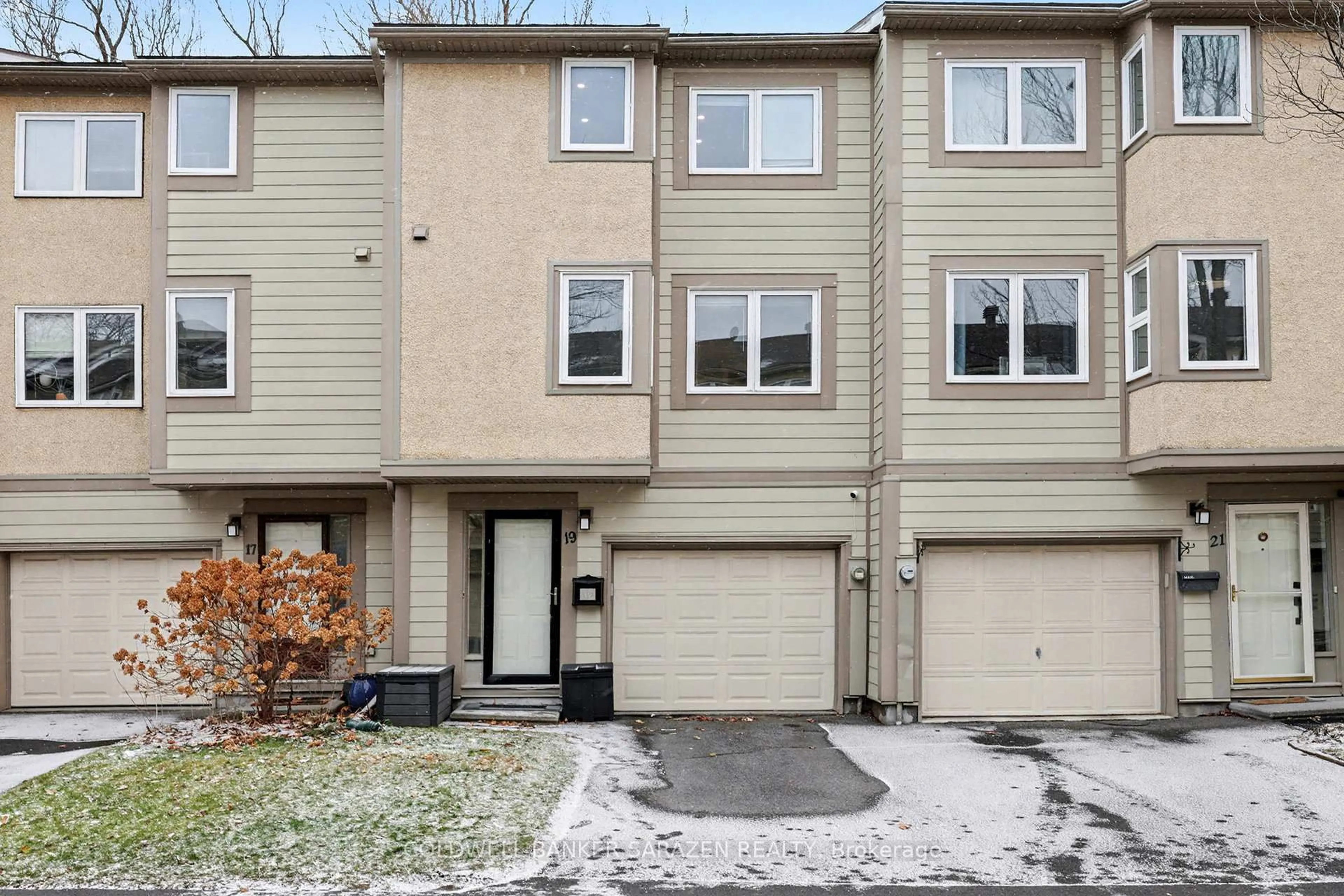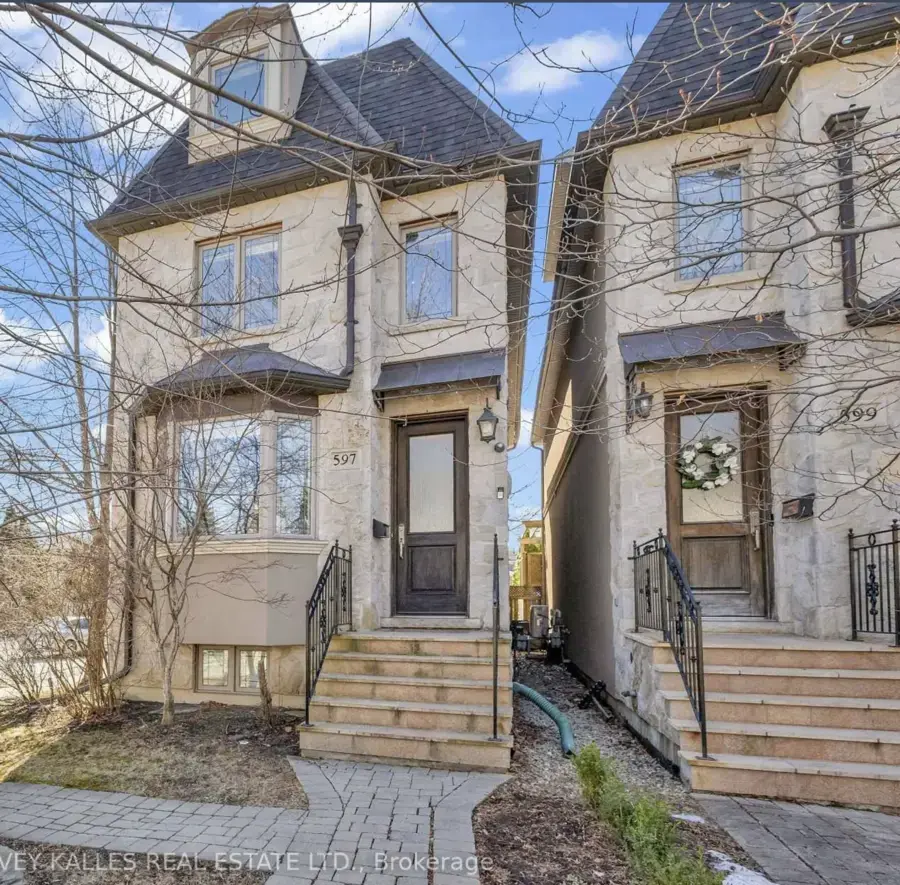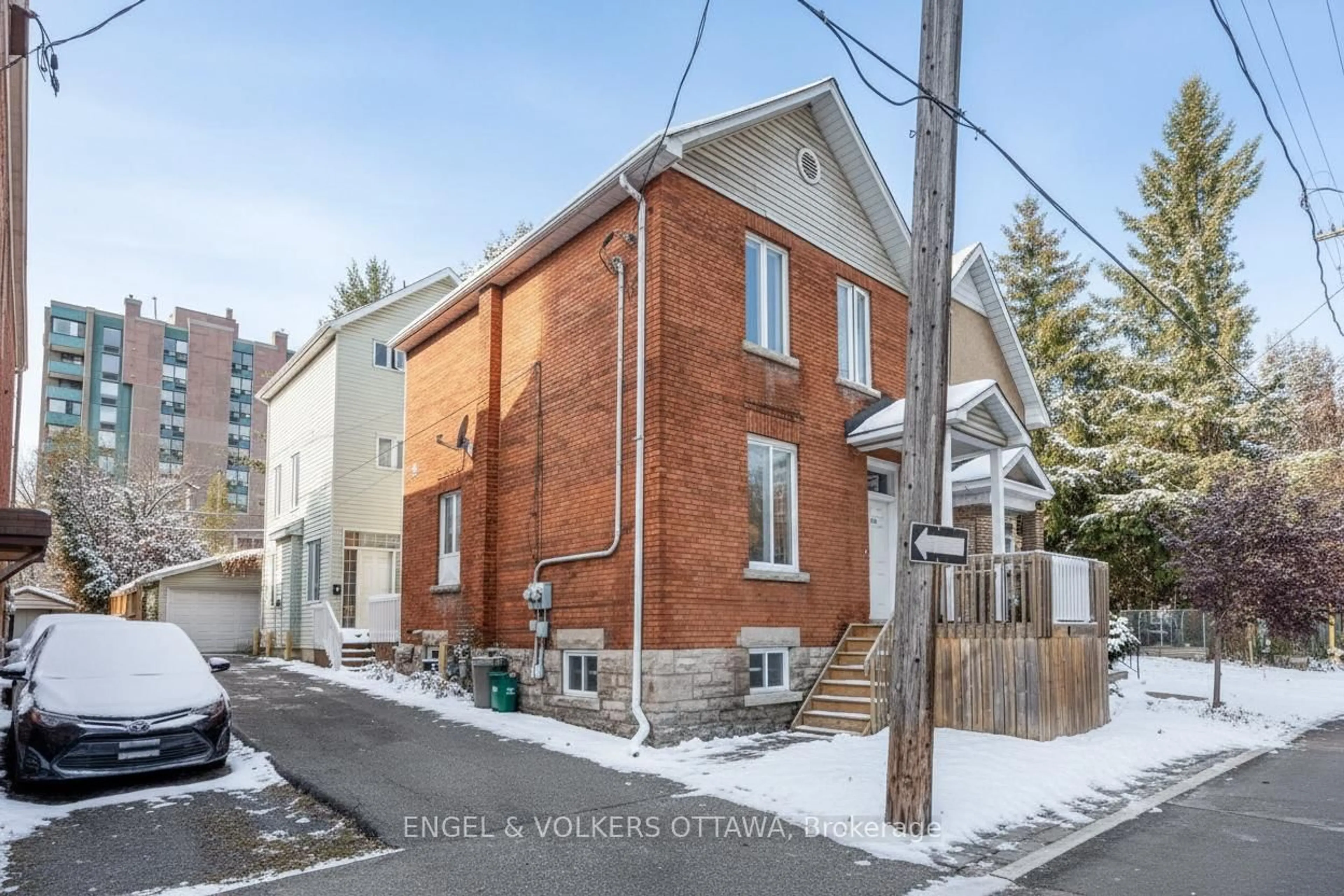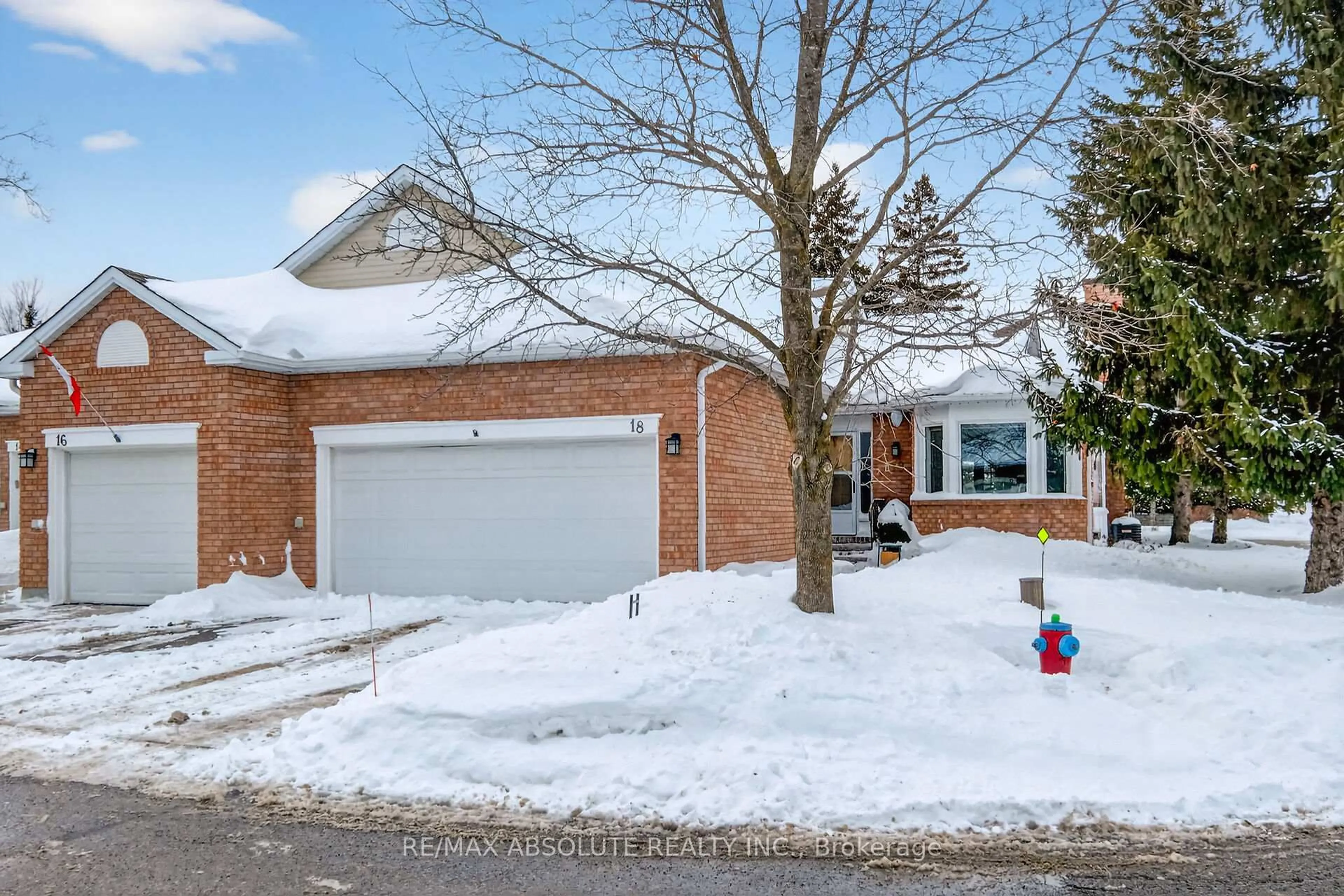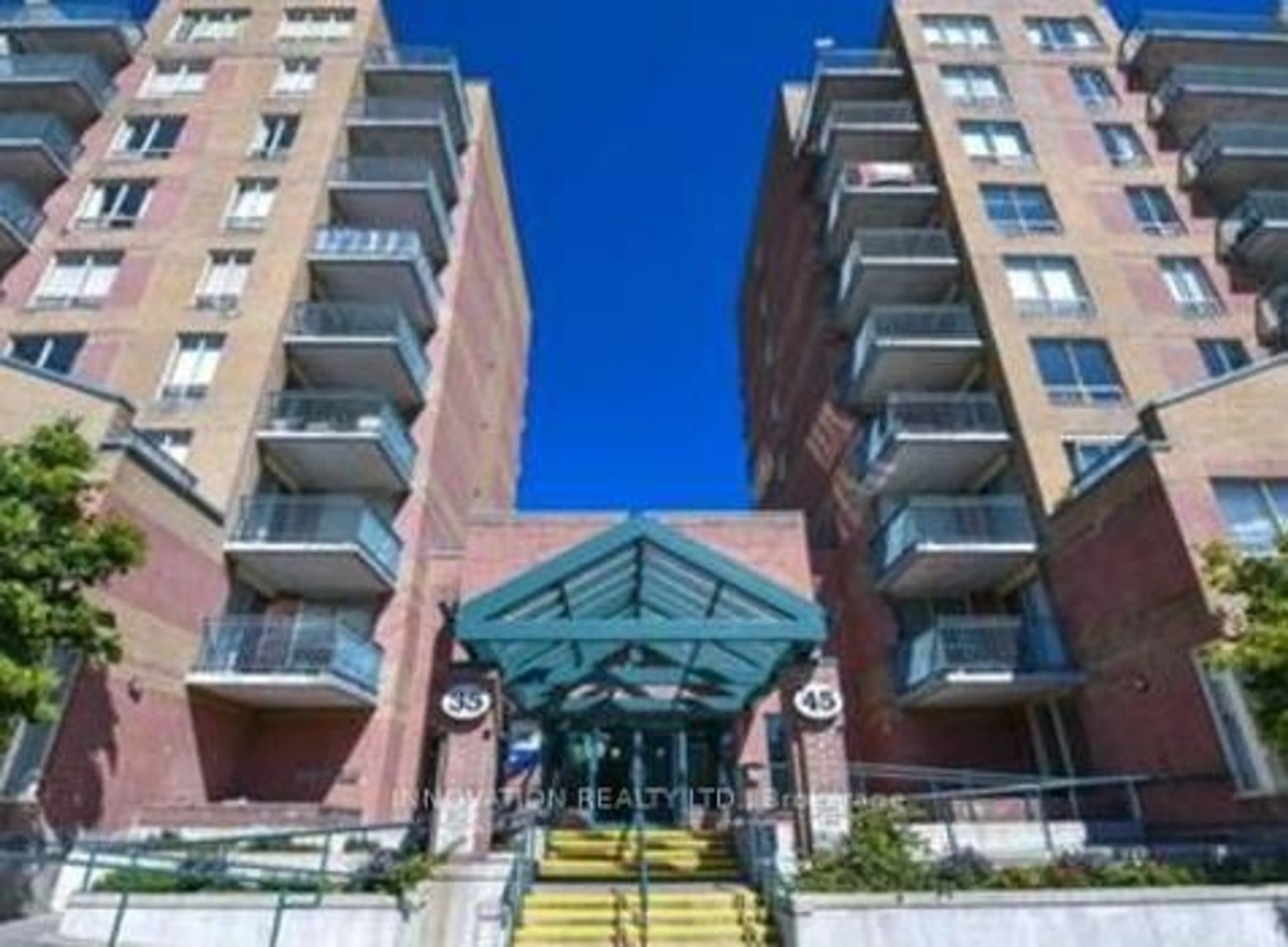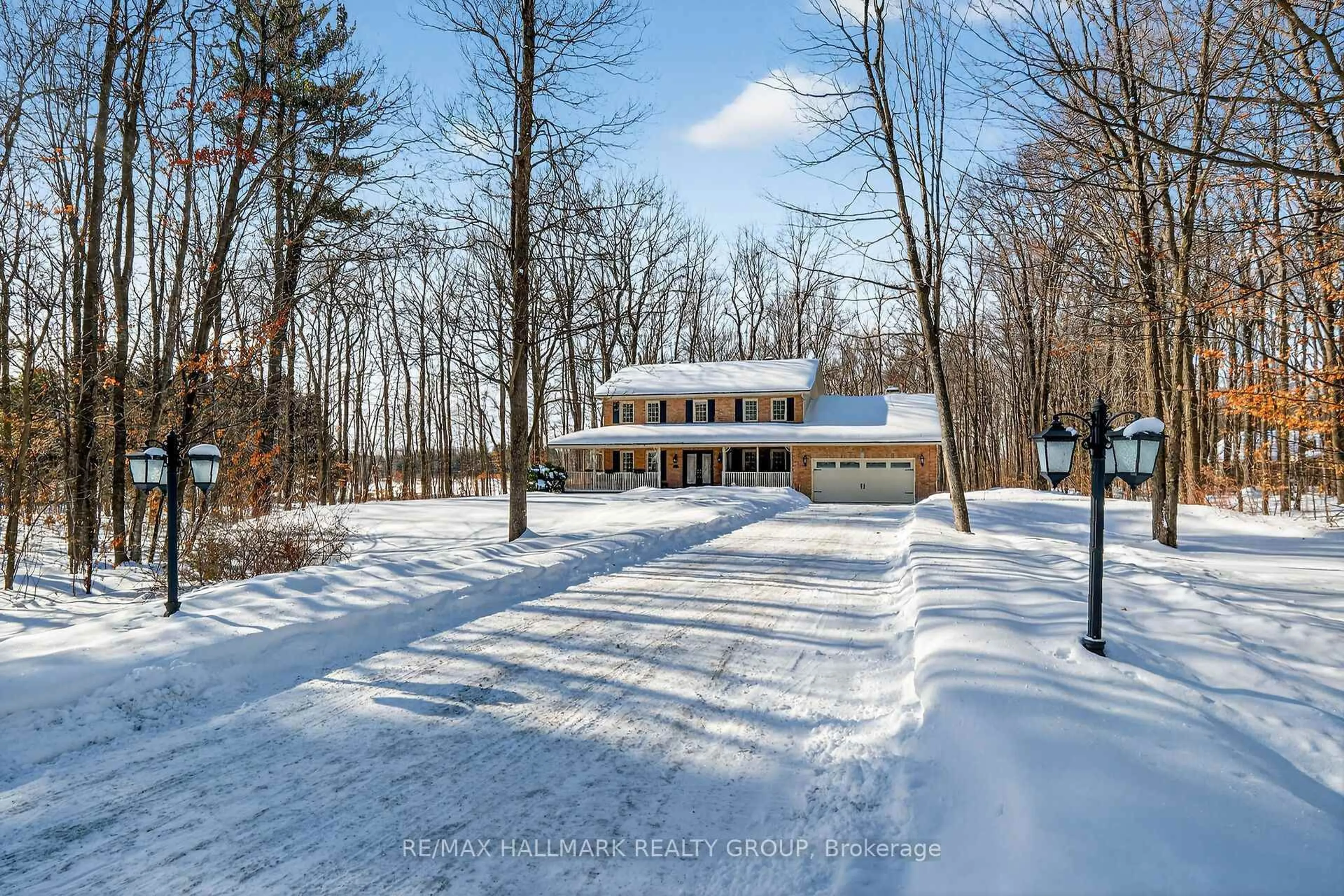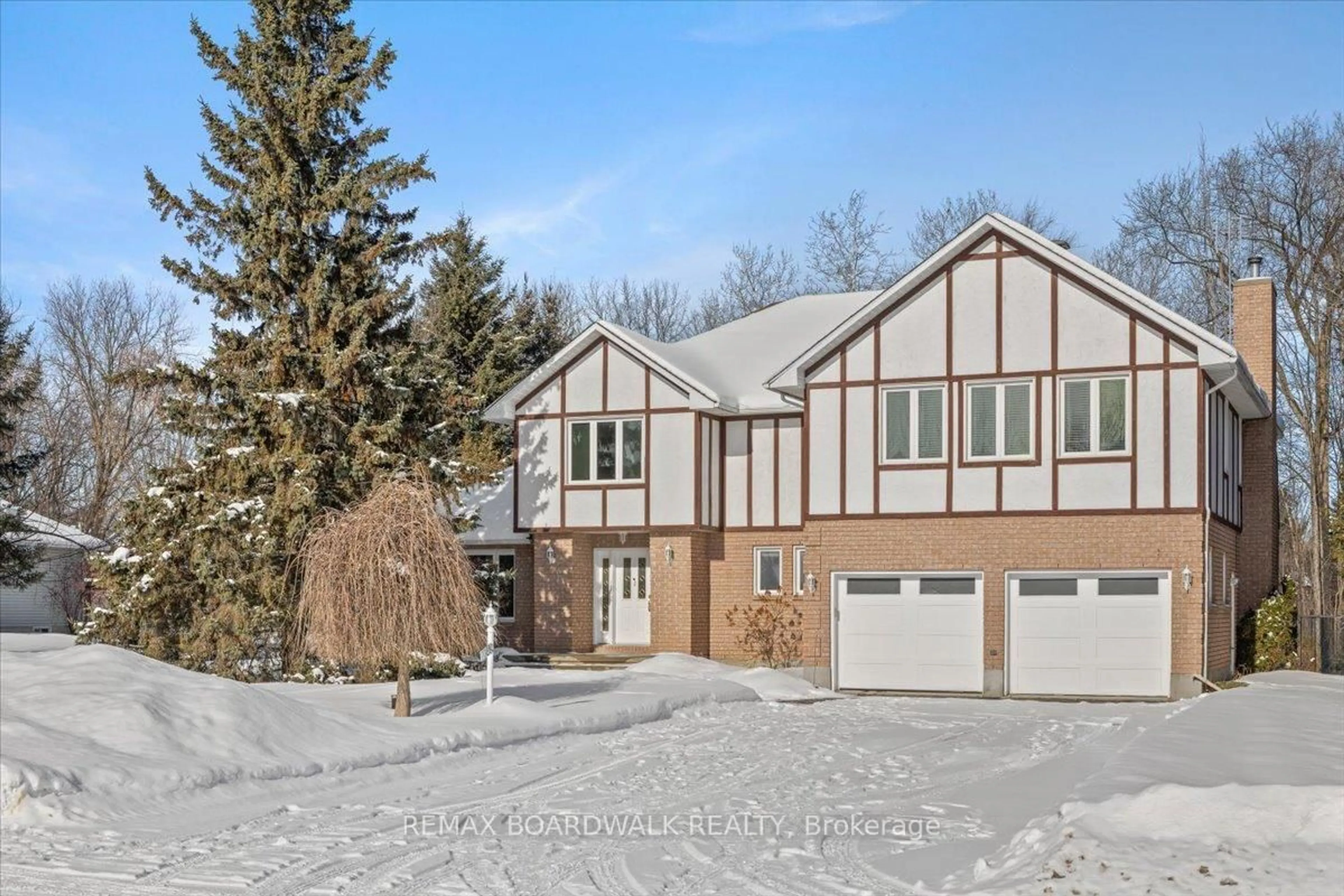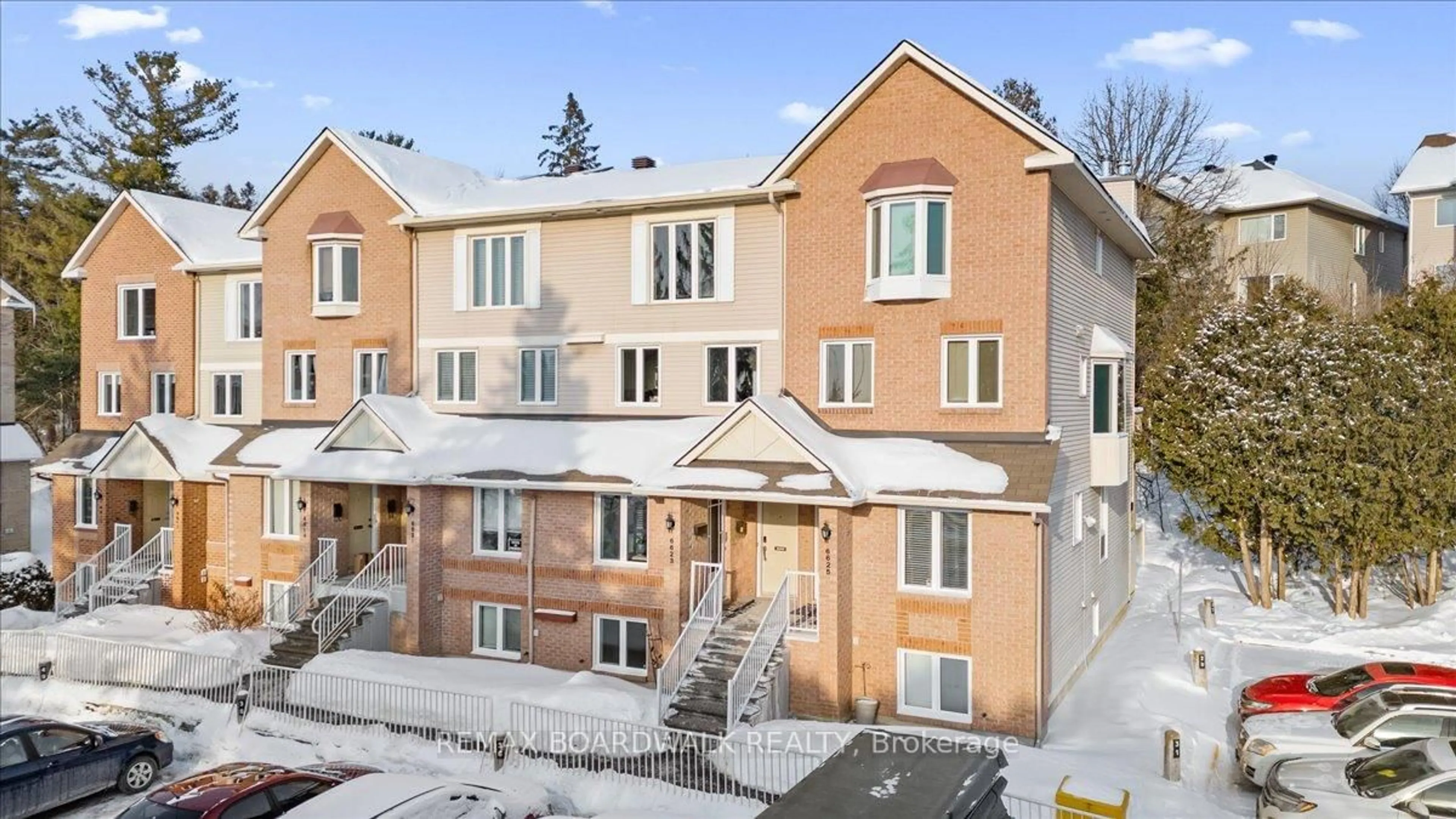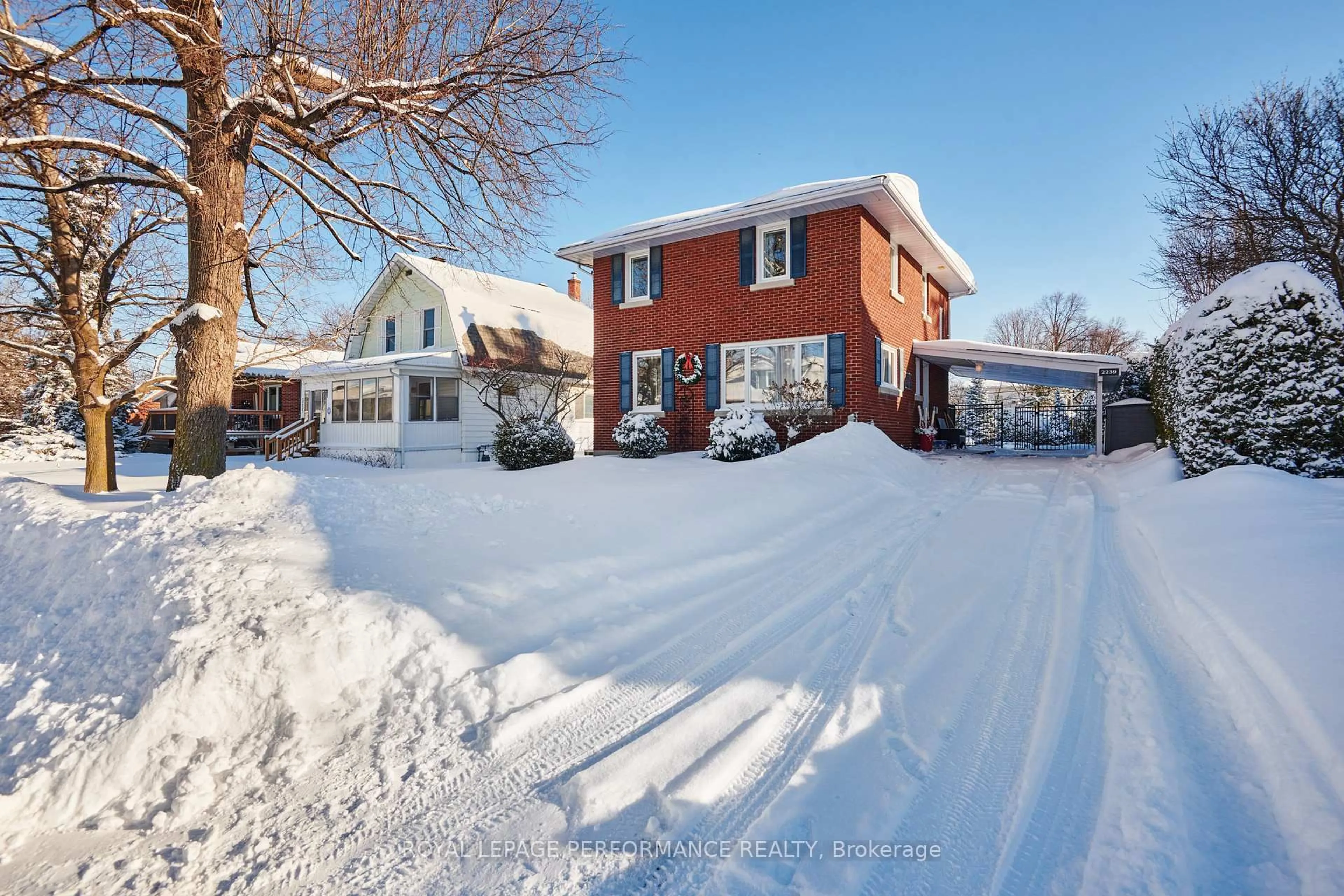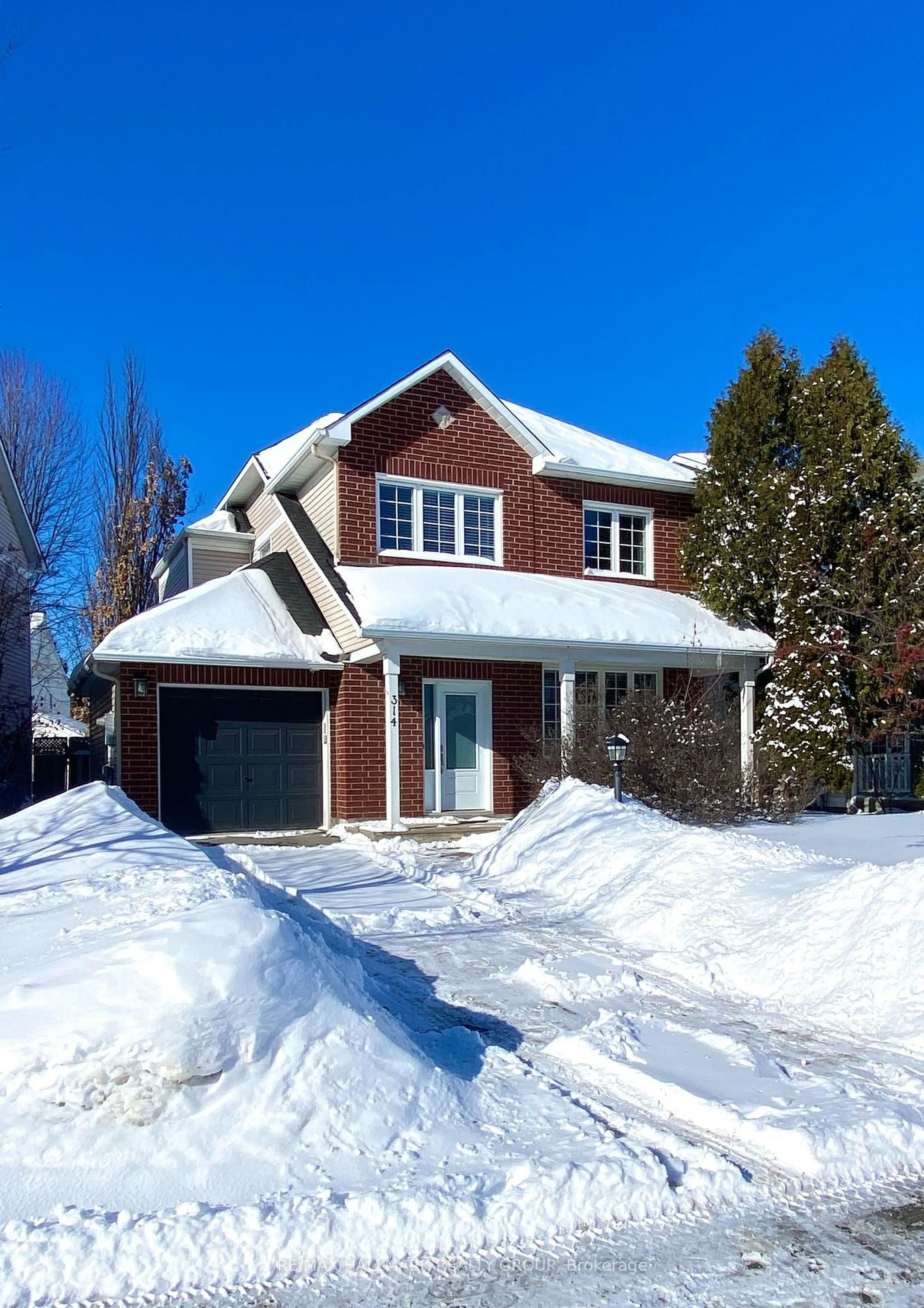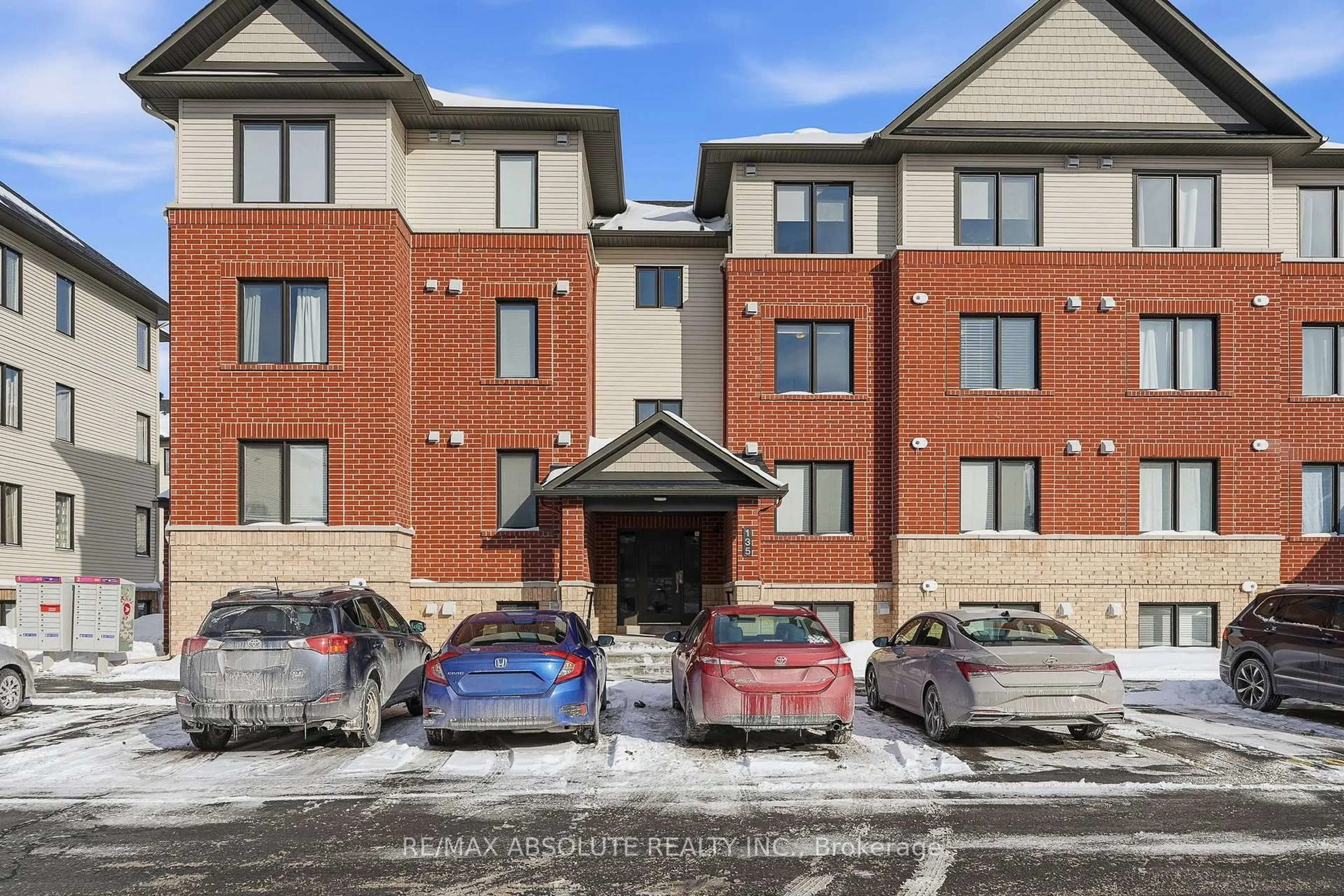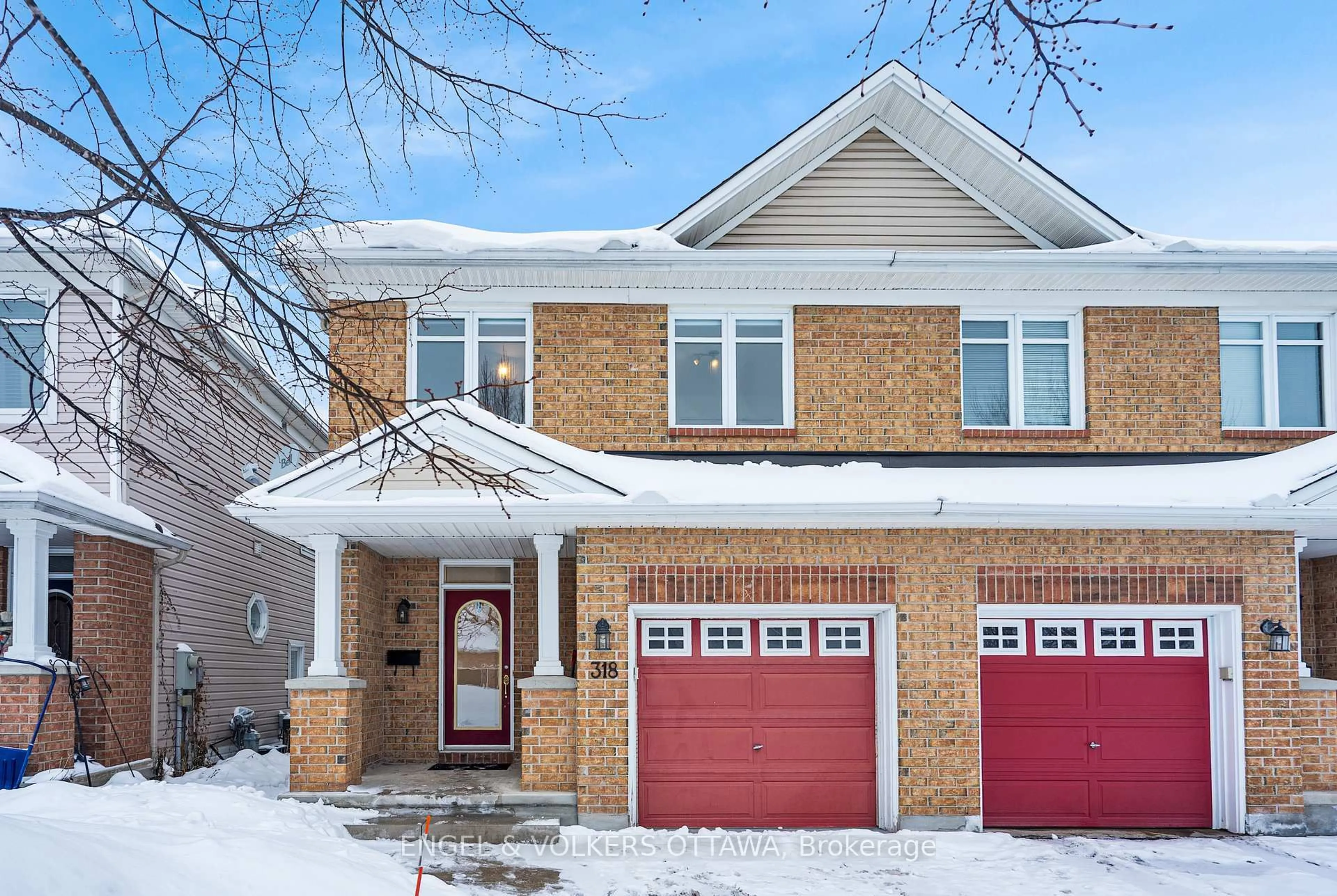Days on market
Bedrooms
Bathrooms
Property type
Homes For Sale in Ottawa
Tour homes in this area
We'll be in touch shortly to help you with your home search.
Ottawa Real Estate Market FAQs
Last updated Feb 10, 2026How many real estate listings are currently for sale in Ottawa?
As of today, the Ottawa real estate market currently has 855 detached homes, 88 semi-detached homes, 891 condos, and 505 townhouses, totaling 2339 listings in Ottawa.
How many new properties were listed in Ottawa in the last 30 days?
In the last month, Ottawa has 469 new detached homes, 0 new semi-detached homes, 419 new condos, and 339 new townhouses, totaling 1227 new properties listed.
How many open houses are there in Ottawa?
As of today, there are 55 open houses in Ottawa
How much does a detached home cost in Ottawa?
In the last month, the median sold price for a detached home price in Ottawa is $770,500, which is an decreased of 2.9% on the same period last year.
How much does a condo cost in Ottawa?
In the last month, the median sold price for a condo price in Ottawa is $375,000, which is an decreased of 6.5% on the same period last year.
How much does a townhouse cost in Ottawa?
In the last month, the median sold price for a townhouse price in Ottawa is $615,000, which is an increased of 0.0% on the same period last year.
How much does it cost to live in Ottawa?
Detached
Median Selling Price$770,500
Average Days on Market
55.22
#Active Listings (January)
863
#Sold Listings (January)
206
Semi-Detached
Median Selling Price$634,000
Average Days on Market
46.54
#Active Listings (January)
91
#Sold Listings (January)
24
Townhouse
Median Selling Price$615,000
Average Days on Market
48.9
#Active Listings (January)
506
#Sold Listings (January)
156
Condo
Median Selling Price$375,000
Average Days on Market
65.83
#Active Listings (January)
845
#Sold Listings (January)
144
